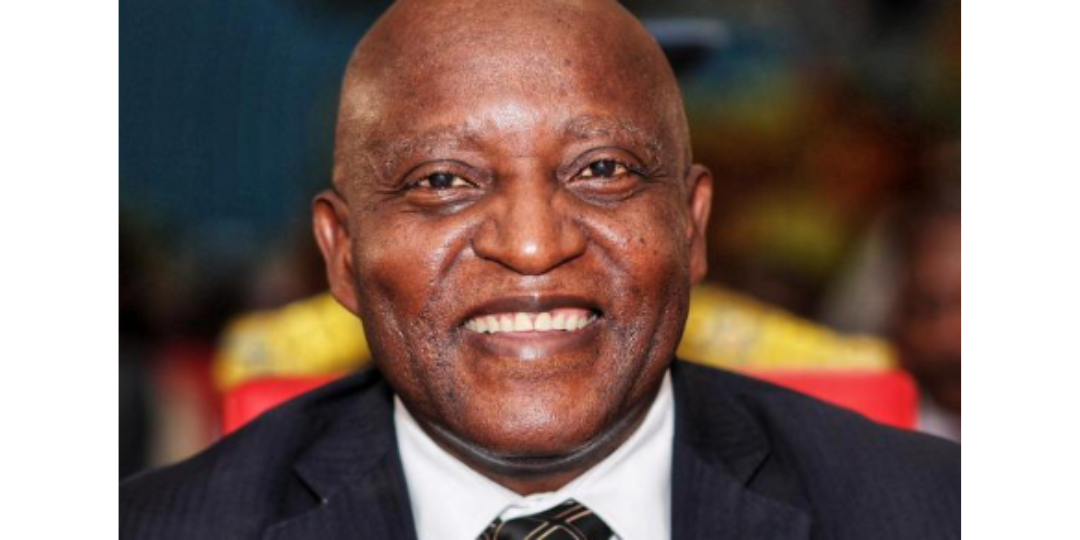Namibian Prime Minister Elijah Ngurare has reaffirmed Namibia’s commitment to developing local capacity to beneficiate its discoveries in the energy sector.
Delivering the keynote address at the 7th Namibia International Energy Conference in Windhoek on Wednesday, Ngurare said academic training, integration of academia into planning, and strong public-private collaboration were key to transitioning the country’s discoveries into full-scale production of energy products.
“Our approach is practical and focused on long-term impact. Local content includes value addition and developing downstream infrastructure, but at the core of this is human capital development – equipping locals to lead in a changing global industry,” he said.
In a period marked by rapid offshore discoveries – most notably in the Orange Basin, but also extending to promising regions such as Walvis Bay and the Kavango Basin – Namibia has taken a stance to ensure it does not follow the path of resource-rich nations that failed to convert hydrocarbons into broad-based economic development.
Ngurare added that the country supported broader continental energy goals, noting that Africa accounted for 8% of global oil supply in 2024 and that Namibia was committed to helping raise the continent’s output to seven million barrels per day.
Deputy Prime Minister and Minister of Industries, Mines and Energy, Natangwe Ithete, stressed the need for Namibia to evolve beyond the role of a raw resource exporter. “We want to prioritise local content and become a hub for processing. Creating jobs and developing infrastructure will drive industrialisation and ensure regional energy security.”
Upcoming exploration and development projects across Namibia's offshore and onshore basins were not only an opportunity for domestic growth, he added, but also a catalyst for regional economic integration across the Southern African Development Community.
African Energy Chamber Executive Chairman, Nj Ayuk, said energy development could be a driver of local empowerment and economic growth. “Namibia and Africa have an energy deficit, and our message is clear: we must develop every drop of hydrocarbons to power our people. Namibians need to be part of that process, and there should be no apology in pushing for local content.”
Ayuk added that regulatory and fiscal stability were vital to attracting and sustaining energy investment.
“We can’t produce wells without regulatory stability. We’ve seen African nations make discoveries but fail to produce due to instability. We must learn from those mistakes. We don’t want Namibia to repeat the delays experienced elsewhere.”
Namibia’s strong stance on local content and value creation reflects central themes at the upcoming African Energy Week (AEW): Invest in African Energies conference, which takes place in Cape Town from September 29 to October 3.
AEW 2025 will spotlight Namibia’s rising profile as a model for integrating local participation with investor confidence. The country will play a key role in shaping discussions around frontier and deepwater exploration, regional infrastructure integration and the development of localised supply chains.













